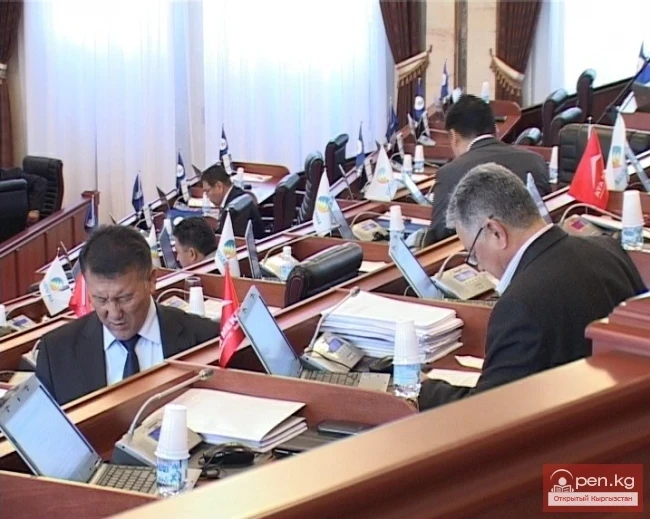"Have some shame, dear deputy!"
Every month, each deputy receives:
- 5,000 soms (60,000 per year) for foreign business trips; - 2,500 soms (27,500 per year) for mobile communication; - 7,000 soms (84,000 per year) for transportation expenses; - 1,000 soms (12,000 per year) for receiving representatives; - 1,000 soms (12,000 per year) for office supplies; - 4,500 soms (54,000 per year) for working with voters; - 7,000 soms (84,000 per year) for travel expenses of drivers; - 10,500 soms (126,000 per year) for gasoline for official cars; - 2,000 soms (24,000 per year) for auto parts and repairs.
Thus, in addition to salaries and bonuses, each deputy receives 40,500 soms monthly from the "dear people." Over a year, one deputy spends 480,000 soms. All deputies spend 58 million soms annually. This is without considering salaries and bonuses. Because depending on their ranks and length of service in the civil service, a deputy's salary ranges from 40,000 to 150,000 soms.
In addition, funds have been established for factions and deputy groups. For holding meetings at the state and international level, for purchasing flowers and souvenirs, 10,000 soms are allocated monthly (120,000 per year).
- 5,000 soms (60,000 per year) are allocated for mobile communication; - 3,000 soms (36,000 per year) for office supplies for meetings; - 75,000 soms (900,000 per year) are allocated monthly for the payment of services of specialists conducting expertise.
In total, each faction receives 93,000 soms monthly, 1,116,000 per year.
And some insatiable deputies - Alisher Abdrakhmanov, Anarbek Kalmatov, Nurkamil Madaminov - initiated an increase in monthly allocations for housing payments from 18,000 soms to 38,000 soms. Currently, around a hundred thousand citizens rent apartments in Bishkek for amounts ranging from 10,000 to 20,000 soms. Yet for some reason, deputies want to live in apartments costing 38,000 soms a month. It is disheartening to hear their speeches from the podium of the Jogorku Kenesh when they say: "Why do we have a leaky budget? When will the treasury be replenished?"
Kazat Akmatov, a Kyrgyz national writer and deputy of the legendary parliament:
- When we were deputies, we received five rubles. We had neither assistants nor advisors. We took stacks of documents, bills, and carried them home, studying them at night. The current ones do not engage in this. Reports and documents are prepared for them by assistants. Deputies only know how to go to the podium and read. Some deputies are even incapable of reading properly. Do we need such a parliament? Unfortunately, according to the law, no one can control the parliament. Not even the president. Therefore, deputies do what they want.
For example, among high-ranking officials, the highest salary is received by the speaker Asylbek Jeenbekov. Next is Prime Minister Joomart Otorbaev, whose salary is 90,000 soms. Georgian President Mikheil Saakashvili once imprisoned an official who received such a salary. In developed countries, such high salaries for officials are perceived as a detriment to the state. But this does not happen with us; officials live off the people, a third of the budget goes to their salaries.
During this time, no official has spoken about the need to reduce salaries. The people see everything. In the next elections, the people will think carefully before voting.
Azmat Kalman, a young politician:
- Deputies should be ashamed to take such large allowances. This is a significant amount for a country whose budget is approved with a large deficit. They are wrong to take money against the backdrop of the hardships the people are experiencing. If deputies had a conscience, they would refuse such money themselves. Recently, we celebrated Victory Day. There are not many veterans left. Deputies could save money to buy apartments for these veterans.
Semetey Talas uulu, an independent journalist:
- As is known, the current deputies work much worse than their predecessors. In some cases, meetings are held without a quorum. They could ask for money if they did something useful for the people. For example, they could establish the cost of electricity, achieve the development of deposits in the interests of the state, resolve the issue of building houses under mortgage, and lower interest rates of domestic banks. It is unclear for what merits they ask for money. Among them, a maximum of 5% of parliamentarians genuinely need money. The rest are the rich from the times of Akayev and Bakiyev. These insatiable rich want to receive an additional 40,000 soms.
Mukhar Cholponbaev, a deputy of the legendary parliament:
- Deputies are already hinting that they have low salaries. I did not think they received such money. Who needs such deputies? In our time, we received allowances only before a two-month vacation. And even then, the amount was not substantial. Moreover, we had neither assistants nor consultants. We had secretaries. They were the ones who were paid salaries.
Source: "Fabulа" newspaper No. 36 from 16.05.14 / p. 2
Read also:
The submission of films for the IV Bishkek International Film Festival has begun
The submission of films for participation in the IV Bishkek International Film Festival has begun,...
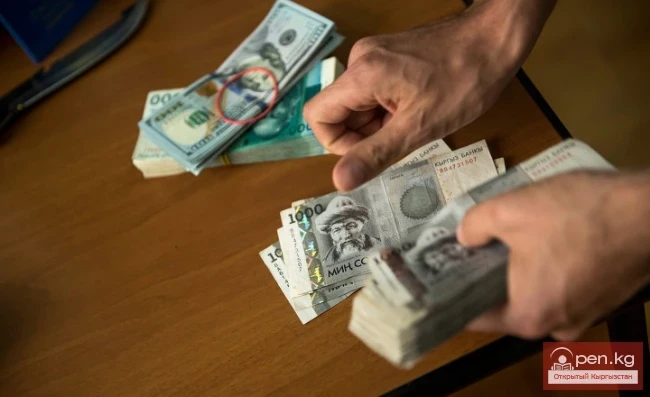
Top 10 Highest-Paid Professions in Kyrgyzstan
The list of the most lucrative professions includes accountants, sales agents, and chefs. Based on...
The Ministry of Internal Affairs detained an associate of the leader of the organized crime group "Dzhengo," who had illegally registered a land plot worth 43.7 million soms.
Employees of the Ministry of Internal Affairs detained an individual close to the leader of the...

The Kite Festival will take place in Bishkek.
The end of summer in the Kyrgyz capital will be celebrated with a kite festival. "Open...

Ordo: Kyrgyzstan-1 Team Defeated Kazakhstan and Kyrgyzstan-2
Team Kyrgyzstan-1 defeated Kazakhstan and Kyrgyzstan-2 and became the leader in the first World...
Life in the Regions: Products by Nazgul Paizullaeva from Batken are Ordered from Different Corners of Kyrgyzstan
28-year-old Nazgul Paizullaeva from Batken opened her own curtain sewing salon and earns about...
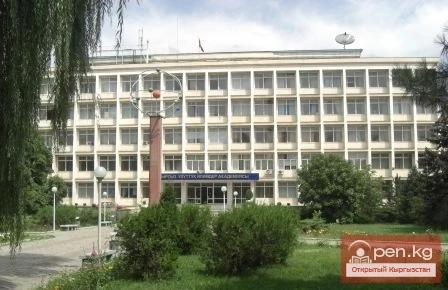
The Jogorku Kenesh of the Kyrgyz Republic proposes to allocate 10 million soms to the Manuscript Fund of the Ch. Aitmatov Institute of Language and Literature of the National Academy of Sciences of the Kyrgyz Republic.
The Jogorku Kenesh of the Kyrgyz Republic, having reviewed the state of the Manuscript Fund of the...
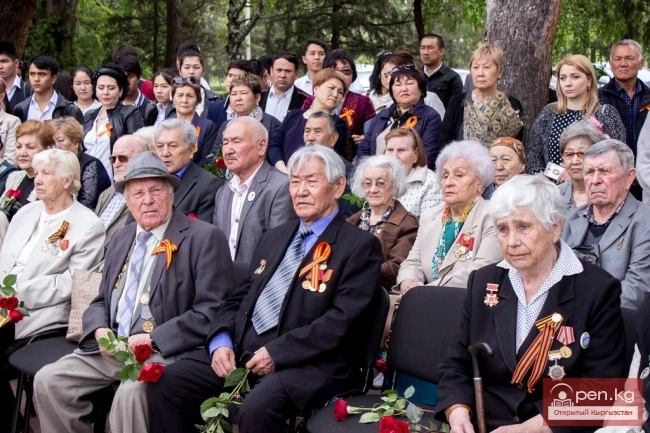
Victory Day: We Remember, We Are Proud
Is Anyone Forgotten? There are just a few days left until Victory Day. The amount collected to...
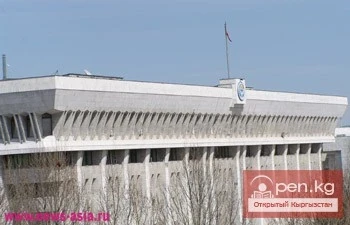
A Comfortable Chair – The Most Essential Item for a Deputy's Work in the KR
Parliamentary elections have concluded in Kyrgyzstan. The most expensive campaign in the history...
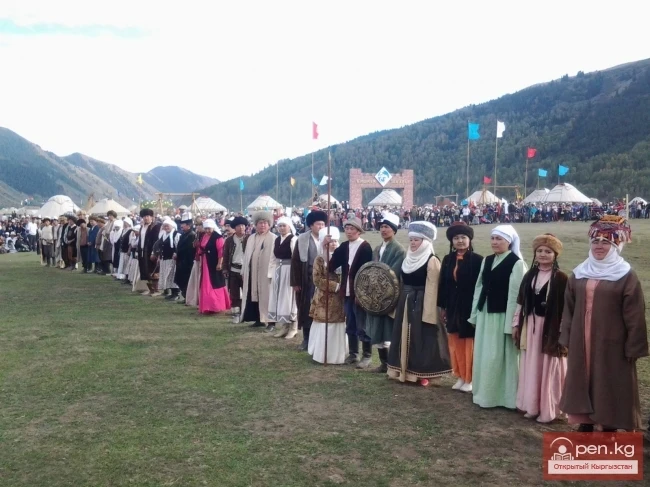
The World Nomad Games were attended by 45,000 people.
The World Nomad Games were attended by 45,000 people, of which every tenth was a foreigner. This...
Construction of a large poultry farm for 185 million soms is nearing completion in Bazar-Korgon
The products will be aimed at meeting the needs of the markets in the Jalal-Abad and Osh regions....

Illegal import of fuel and lubricants from Kazakhstan reaches tens of thousands of tons.
On October 8, this was stated by the Minister of Economy of Kyrgyzstan, Oleg Pankratov, at a press...
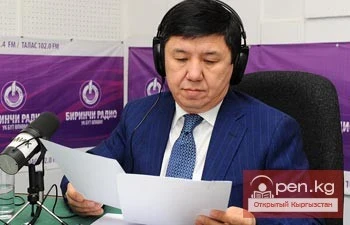
Starting February 1, a law on mandatory housing insurance for citizens will come into effect in Kyrgyzstan.
According to Prime Minister Temir Sariev, mandatory housing insurance for citizens will come into...
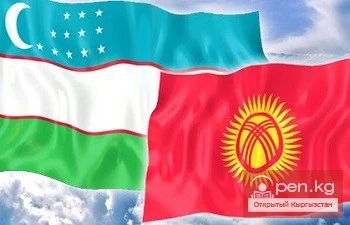
Kyrgyzstan Halved Trade with Uzbekistan
According to data from the Customs Service of Kyrgyzstan, in the first 7 months of 2015, the...
Life in the Regions: A Resident of the Tyup District, Venera Saadanbekova, Creates Paintings Worth Up to 50,000 Som
Creative Inspiration: Venera Saadanbekova from the Tyup District Creates Unique Paintings. Venera...
The Supreme Court has terminated the criminal case against one of the convicted in the bribery case in Physical Culture
Recently, the Supreme Court reviewed the cassation appeals filed by both the prosecutor of Bishkek...
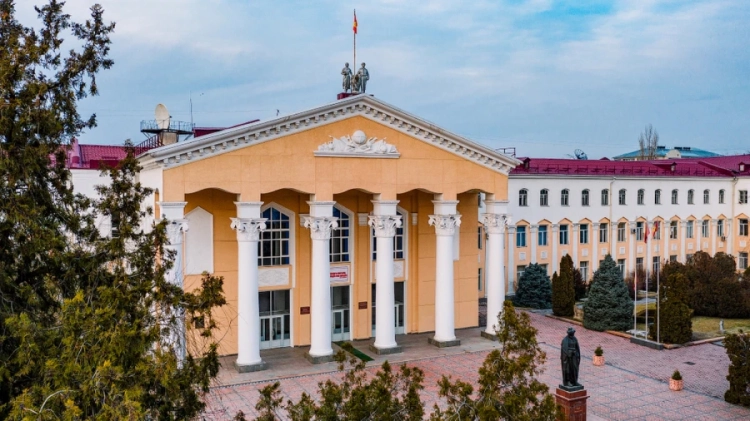
Salaries in universities do not please teachers
Will starting salaries for young specialists be increased? According to the Ministry of Economy...
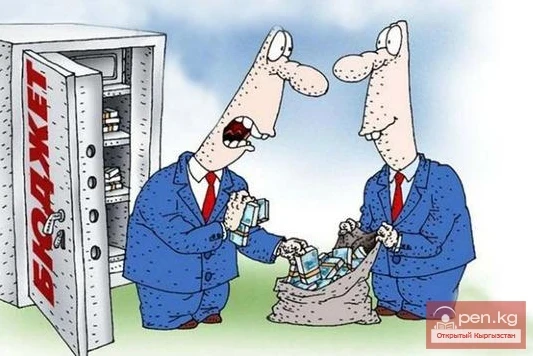
Where Will the Money Go?
150 million soms received from the fight against corruption As of today, 148 million soms have...
Medical equipment worth 64.9 million soms will be purchased by the Talas Regional Hospital
The Talas Regional Unified Hospital has announced a tender for the procurement of medical equipment...
A time capsule has been laid in Ak-Tal for the construction of the first two facilities.
In the new settlement of Ak-Tilek, being established in the territory of the rural district of...
Reserves of the National Bank of Kyrgyzstan in gold and currency increased by almost 2.7 times
The reserves of the National Bank of the Kyrgyz Republic from the revaluation of foreign currency...
The capital's city hall acquired 50,000 seedlings, which will be planted in the city in spring.
Starting from October 15, the city launched a campaign to plant over 10,000 tree seedlings. This...

Crane Operator at Construction Site in Bishkek Organized Dangerous Entertainment for Workers
The construction company was fined 200,000 soms A crane operator at a construction site in Bishkek...

Nearly two million tourists visited Kyrgyzstan since the beginning of the year.
Almost two million tourists visited Kyrgyzstan since the beginning of the year. As stated by the...
A kindergarten will be built in the village of Chon-Kurulush in the Bazar-Korgon district for 30.2 million soms.
The Capital Construction Management of the Department of Housing and Civil Construction of the...
The Central Election Commission imposed fines on a number of candidates for parliament.
On October 22, the Central Election Commission held a meeting to discuss cases of violations of...
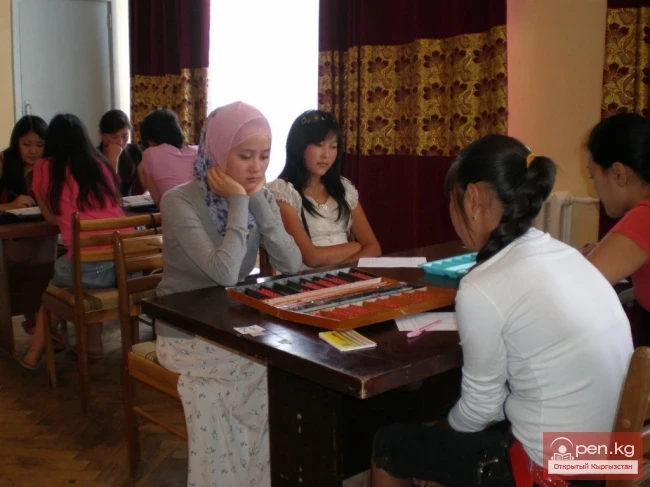
Toguz Korgool: In the final among women's teams, the national teams of Kyrgyzstan-1 and Kazakhstan will meet.
In the final of the Toguz Korgool among women's teams, the teams of Kyrgyzstan-1 and...
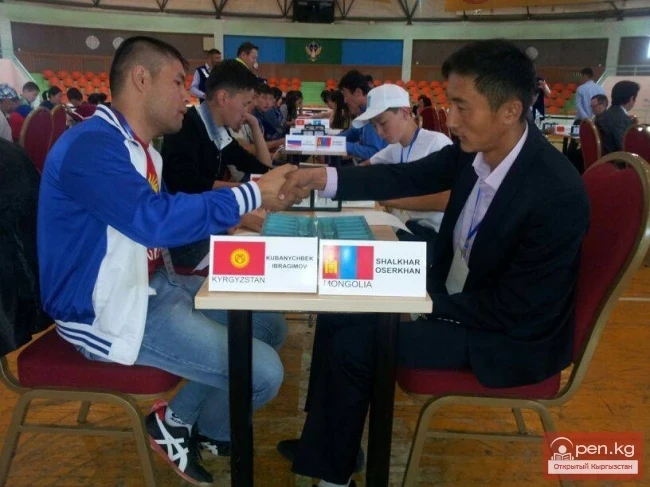
Toguz Korgool: In the semifinals, Kyrgyzstan-1 will face Altai, Kyrgyzstan-2 will face Kazakhstan
In the semifinals of toguz korgool among men's teams at the World Nomad Games, taking place...
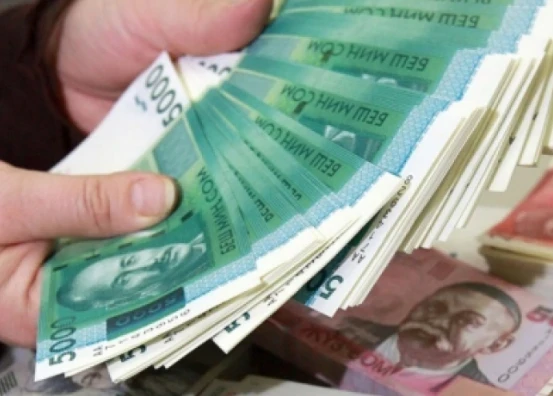
The GNS collected 59.7 billion soms in insurance contributions over 9 months.
In 2023, according to preliminary data, the total amount of collected insurance contributions...

Taxi services in Bishkek and the cost of services
List of major taxi services in Kyrgyzstan, company descriptions, and tariff costs Tumar taxi 50...
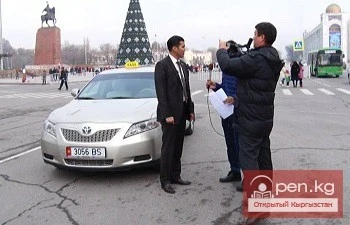
Deputies of the Jogorku Kenesh Will Try to "Taxi"
Last week, a television project called "Parliament Taxi" was launched in Kyrgyzstan. The...
In Bishkek, a construction company was fined 200,000 soms
The construction company "Kyrgyz Kurolysh Dolbor" was fined 200,000 soms due to...
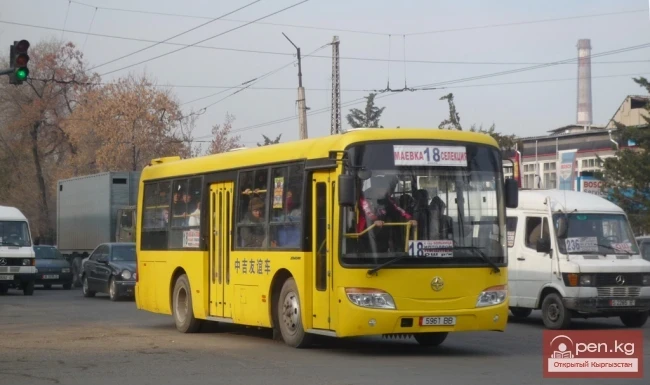
Tariffs for Passenger and Luggage Transportation in Public Transport
Tariffs for the transportation of passengers and luggage in public urban passenger transport in...
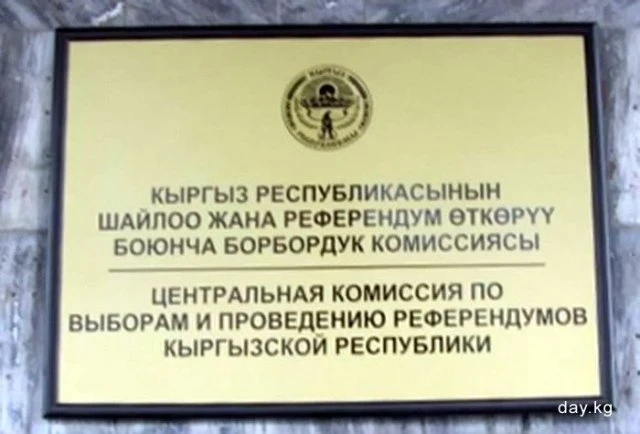
The Central Election Commission of Kyrgyzstan approved the budget for the preparation and conduct of parliamentary elections.
At its recent meeting, the Central Election Commission of Kyrgyzstan made a decision regarding the...
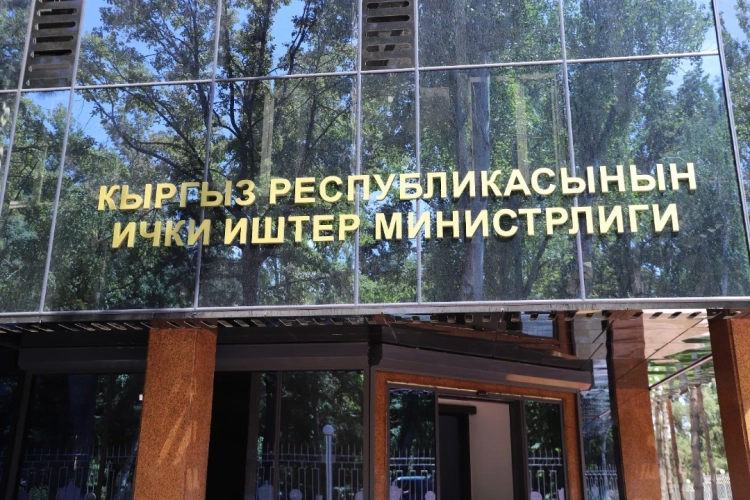
The Ministry of Internal Affairs of Kyrgyzstan proposes to introduce penalties for sexual harassment
As part of the bill, two levels of responsibility for sexual harassment are proposed:...
Non-communicable diseases cost the economy of the Kyrgyz Republic nearly 30 billion soms
Non-communicable diseases (NCDs) inflict an economic loss of 29.8 billion soms on the economy of...
The Prosecutor General's Office ordered the internet platform to pay $2.885 million in taxes
In the Kyrgyz Republic, the General Prosecutor's Office has identified tax violations...
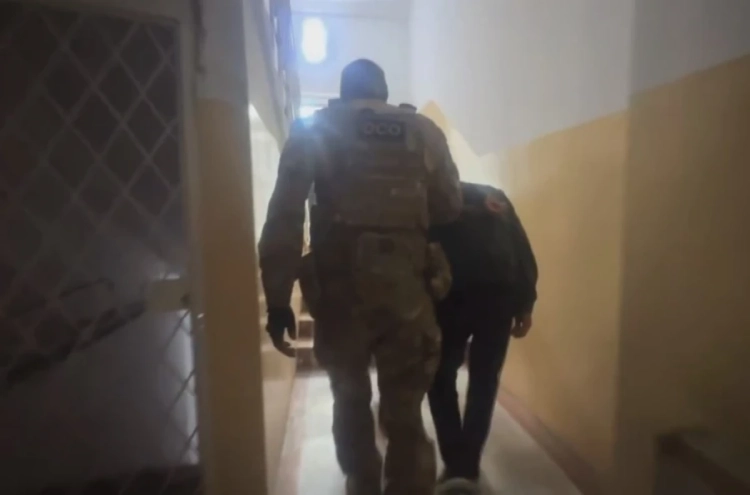
Early in the morning in Bishkek, a man was robbed right on the street
Minor Among Recidivist Robbers...
Non-residents hold over $1 billion in deposits in Kyrgyzstan's banks as of the end of August 2025
- According to the National Bank of the Kyrgyz Republic, by the end of August 2025, the total...
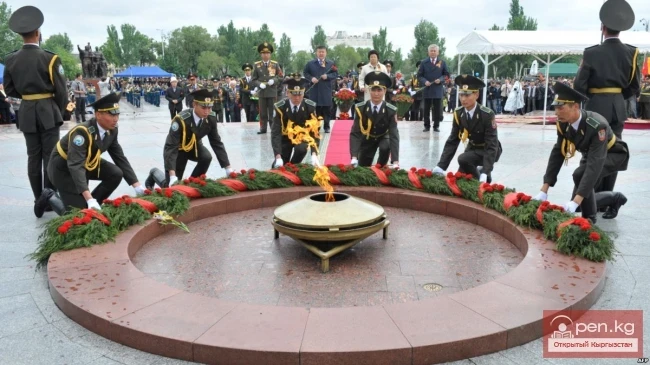
Victory Day May 9, 2018 in Kyrgyzstan: Event Plan, Full Program
Festive events will take place in Bishkek in honor of Victory Day In anticipation of the holiday,...
In the Talas Region, more than thirty cases of death among children under 1 year old have been registered since the beginning of the year: What is the cause of 90% of them?
The regional board in Talas, attended by the leadership of the presidential representative office,...
In Batken, the price of gasoline remains high
According to a Turmush correspondent, there is a stable high price for gasoline in Batken. As of...

The Ministry of Culture of the Kyrgyz Republic is asking citizens for 10 million soms.
Ministry of Culture of the Kyrgyz Republic asks for money from citizens — 10 million soms needed....
The Ministry of Construction fined the construction company "Kyrgyz Kuroolush Dolboor" 200,000 soms.
- On October 22, a video was received by the Ministry of Construction, Architecture, and Housing...

What changes in the legislation of the Kyrgyz Republic come into effect in 2016?
Many call 2016 a decisive and turning point for the republic. In addition to preparing politicians...

Pollution of the Atmosphere and Its Consequences
Geoecological Condition and Requirements for Air Protection....
